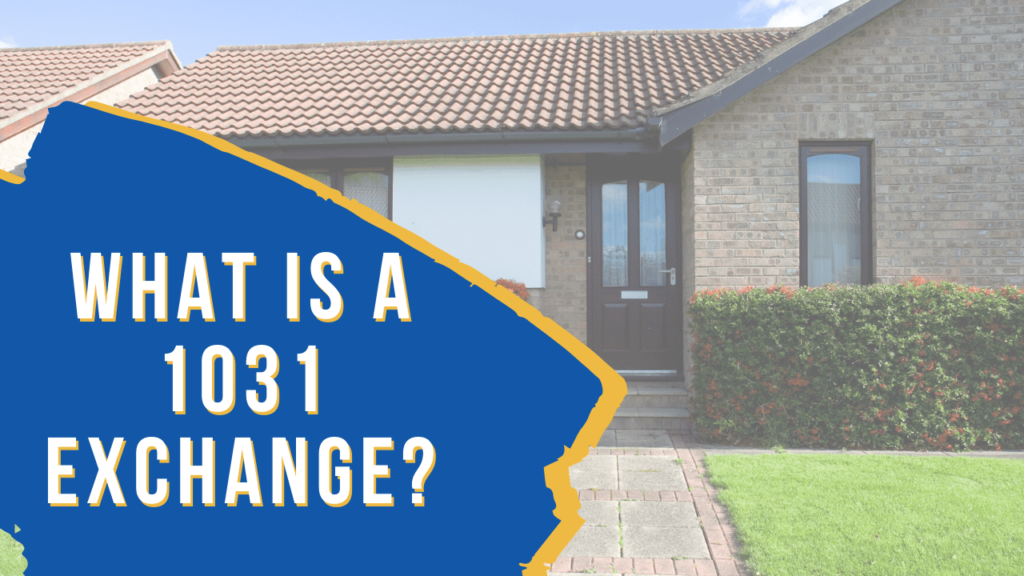A 1031 exchange allows rental property owners and investors to avoid paying capital gains taxes by reinvesting their earnings when they sell real estate. They have become more popular as owners want to retain the money they’ve earned from their investment properties and defer their taxes that are owed. This is an effective investment strategy for most Denver rental property owners. They can be confusing, however, and we want to share some of the most important details with you on today’s blog.
Why a 1031 Exchange Might Make Sense for You
When you sell a rental property, you are required to pay taxes on the money that you earn from the sale. One of the ways to defer and even avoid those taxes is to buy a new property or several new properties that are similar to the one you’ve sold. If you know you’ve earned a lot of money off the home you want to sell, and you’re facing a large tax bill – the 1031 exchange is an excellent idea. Investors who are frustrated with their rental properties that aren’t performing well can also benefit from a 1031 exchange. Perhaps your single-family home is aging and has constant maintenance issues or it’s in an area that isn’t tenant-friendly. You can sell that property and invest in something else, even a duplex or a condo. This defers your taxes and allows you to save money on additional and continuous repairs.
How the 1031 Exchange Works: Steps to Take
Specific steps need to be taken when you want to defer your taxes with a 1031 exchange.
- Make sure your property qualifies. This tax benefit is meant for income-producing properties. You cannot do this with the home you’ve been living in for the last decade.
- Look for similar properties. This doesn’t mean you have to exchange one apartment unit for another apartment unit. As long as you’re exchanging one rental home for another rental home, you’re covered. It’s also important to measure the value of the new home you’re purchasing. It must be worth the same amount or more than the property you’re selling.
- Find the new property or properties you expect to buy.
- Follow all timelines. You’ll need to identify a replacement property within 45 days of selling your original property. Then, you have 180 days to close on the new sale.
- Use an intermediary and don’t take any of the cash from the sale of your property. The intermediary will hold your funds in escrow until they can be reinvested in your new purchase.
Planning an Exit Strategy
The 1031 exchange is one good way to keep all of the money you earn off the sale of an investment. However, it isn’t a tax-free solution. You’re not being excused from paying taxes; you’re simply getting more time. You can continue doing 1031 exchanges over and over again. Many investors leave the property to their heirs, which comes with a step-up privilege. This allows the beneficiary to avoid paying all of those deferred taxes.
Contact us at Walters & Company. We’d be happy to tell you more about how to succeed with Denver rental properties.



